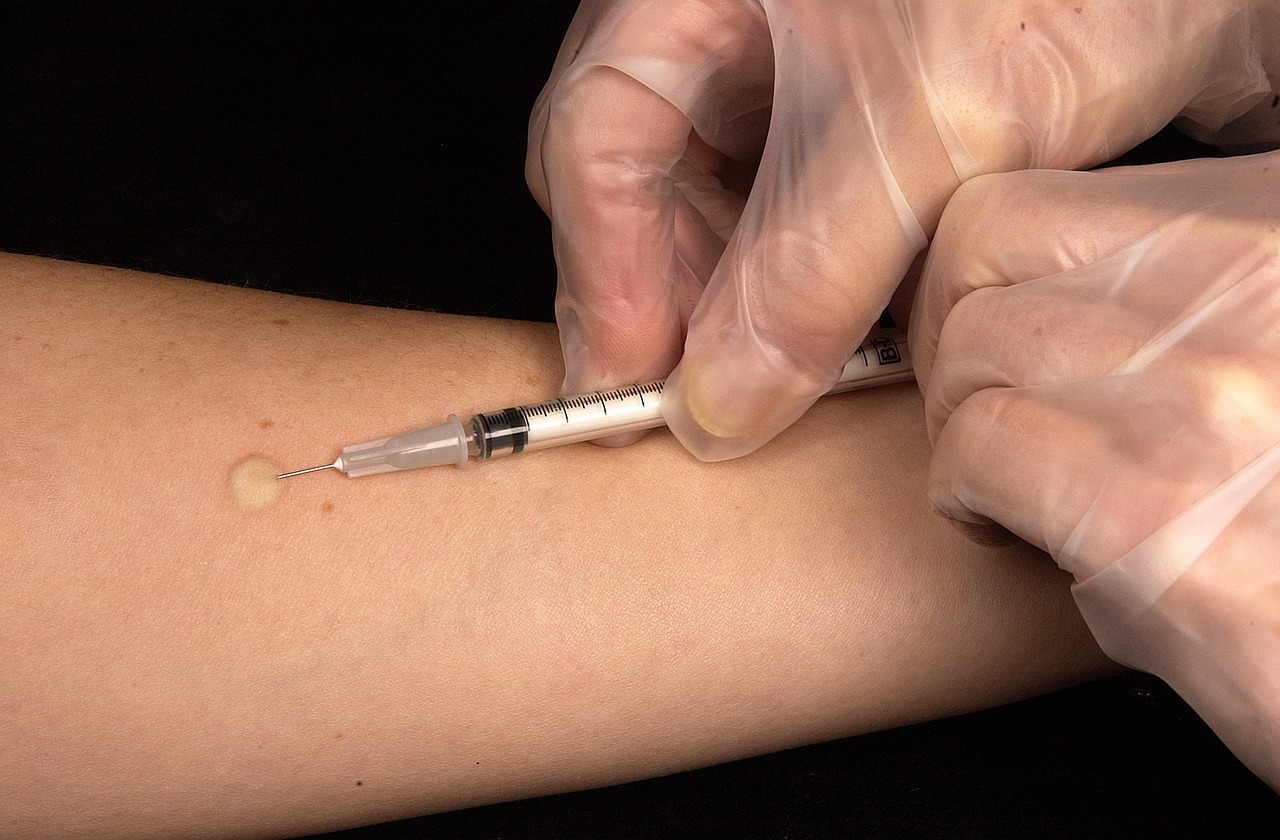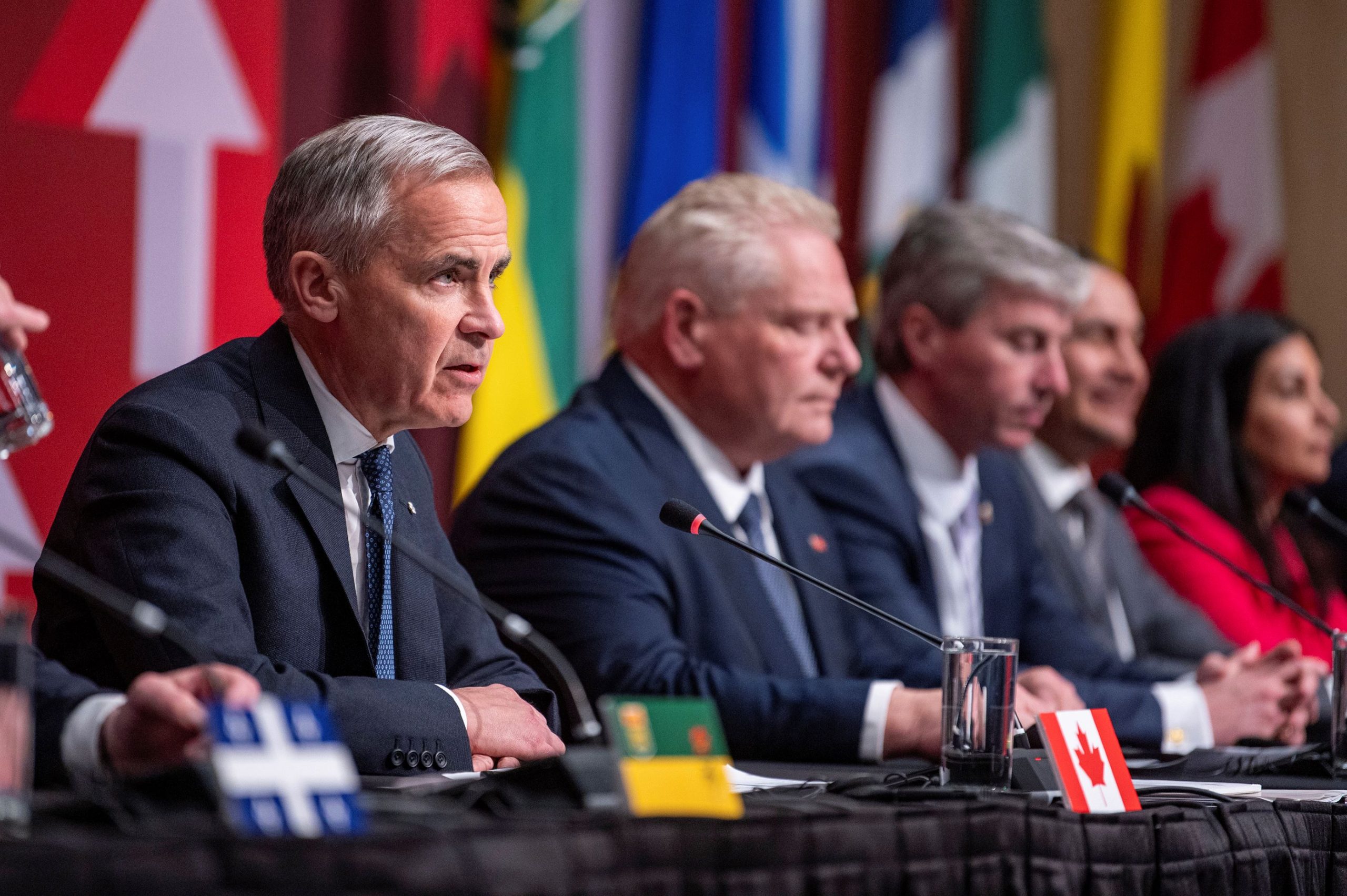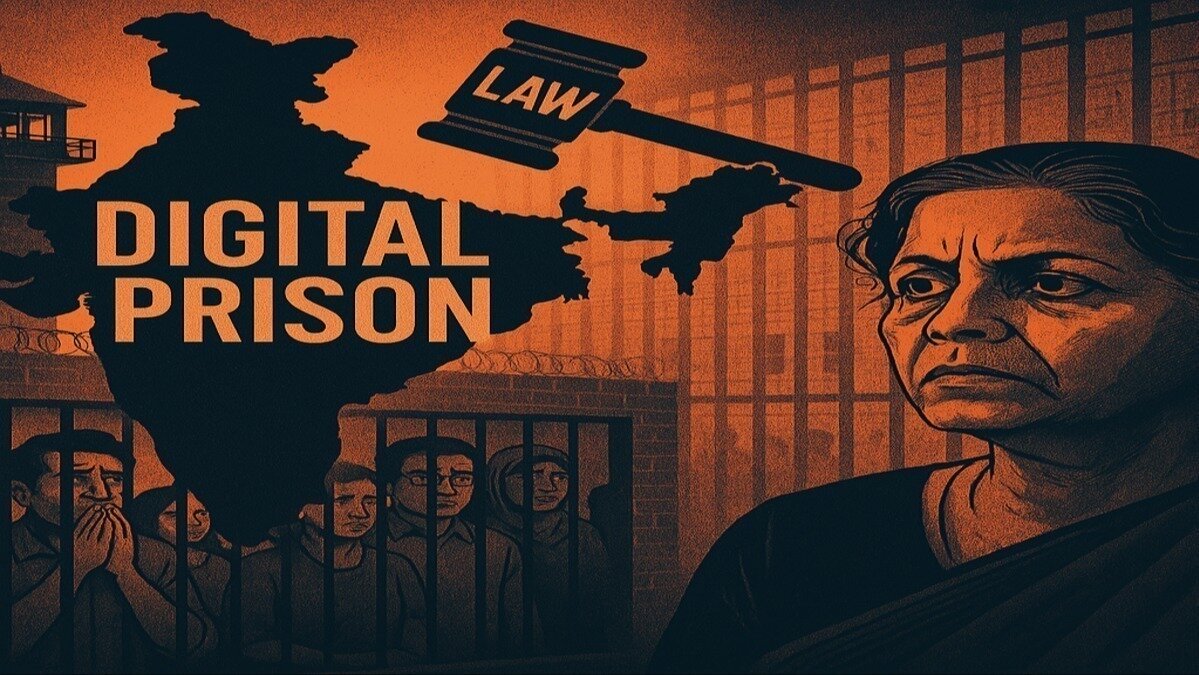Are these flu vaccines a crucial safeguard for our children’s health, or is there more than meets the eye? In a world of coincidences and curious timing, we dive into the rollout of flu vaccines for schoolchildren in the UK and Ireland. Could this be a well-intentioned move, or is it part of a grander plot? Join us on this exploration to uncover the truth behind these decisions. Keep reading.
In recent announcements, both the United Kingdom and Ireland have revealed plans to administer flu vaccines to schoolchildren, a move that has raised eyebrows and sparked questions about the timing and motivations behind these decisions. In this article, we will delve into the details of these announcements and explore the broader context in which they are taking place.
The Rollout of Flu Vaccines
Timing and Suspicion
The decision to provide flu jabs to schoolchildren in Ireland comes shortly after a similar announcement in the UK. While this might seem like a responsible public health measure at first glance, the timing raises suspicion. In October 2019, the UK had planned a similar initiative but abandoned it due to supply issues. Coincidentally, on the same day as the UK’s announcement of withdrawal, an event known as “Event 201” took place in New York.
Event 201
Event 201, organized by John Hopkins University, in collaboration with the Bill & Melinda Gates Foundation and the World Economic Forum, was a simulation exercise that envisioned a global coronavirus pandemic. This exercise emphasized the need for greater collaboration between the public and private sectors, including granting social media outlets authority to combat “disinformation.”
COVID-19 Emergence
Less than a month after Event 201, the first case of COVID-19 was reported in Wuhan, China, where the Wuhan Institute of Virology was conducting research on coronaviruses. This institute had links to the Gates Foundation, further fueling suspicions. In March 2020, the World Health Organization (WHO) officially declared the COVID-19 pandemic, leading to widespread lockdowns worldwide.
Lockdowns and Their Effects
Economic Impact
The ensuing lockdowns purportedly aimed to protect the vulnerable but had significant economic consequences. Small businesses suffered, while corporate giants thrived. Over $1 trillion in wealth shifted upwards, aligning with the predictions of Event 201.
The Great Reset
The Great Reset, introduced by the World Economic Forum in June 2020, advocated for greater corporate influence over global public life. Central to this was the notion of a Digital ID, potentially granting authoritarian control. During the pandemic, this control seemed to manifest through vaccine passports.
The Rise of Vaccine Passports
Global Implementation
In 2021, many countries mandated COVID-19 vaccination for participation in daily life. Citizens were issued QR codes on their smartphones, granting access to various amenities. This appeared to be a precursor to mandatory digital IDs.
Protests and Crackdowns
These measures led to a global protest movement for human rights. The corporate media labeled protesters as “far-right,” and governments aligned with the World Economic Forum initiated harsh crackdowns. Notably, Canada’s government, led by Justin Trudeau, used emergency legislation to suppress dissent.
The Pandemic Narrative’s Decline
The impact of the protest movement likely contributed to the fading of the pandemic narrative in early 2022, coinciding with the Davos Agenda virtual event. Subsequently, the conflict in Ukraine dominated headlines, deflecting attention from the consequences of lockdown measures.
The Latest Developments in the UK and Ireland
Despite the waning pandemic narrative, the UK and Ireland have announced plans to provide flu vaccines to schoolchildren, despite their low risk for severe illness. These developments raise concerns about the potential repetition of a pandemic narrative for schoolchildren and the possible introduction of mandatory flu jabs for education access.
Conclusion
Hot Take: As we peel back the layers of this peculiar tale, one can’t help but wonder if our schoolchildren will soon need a vaccine for the common cold and a QR code to enter the cafeteria.










